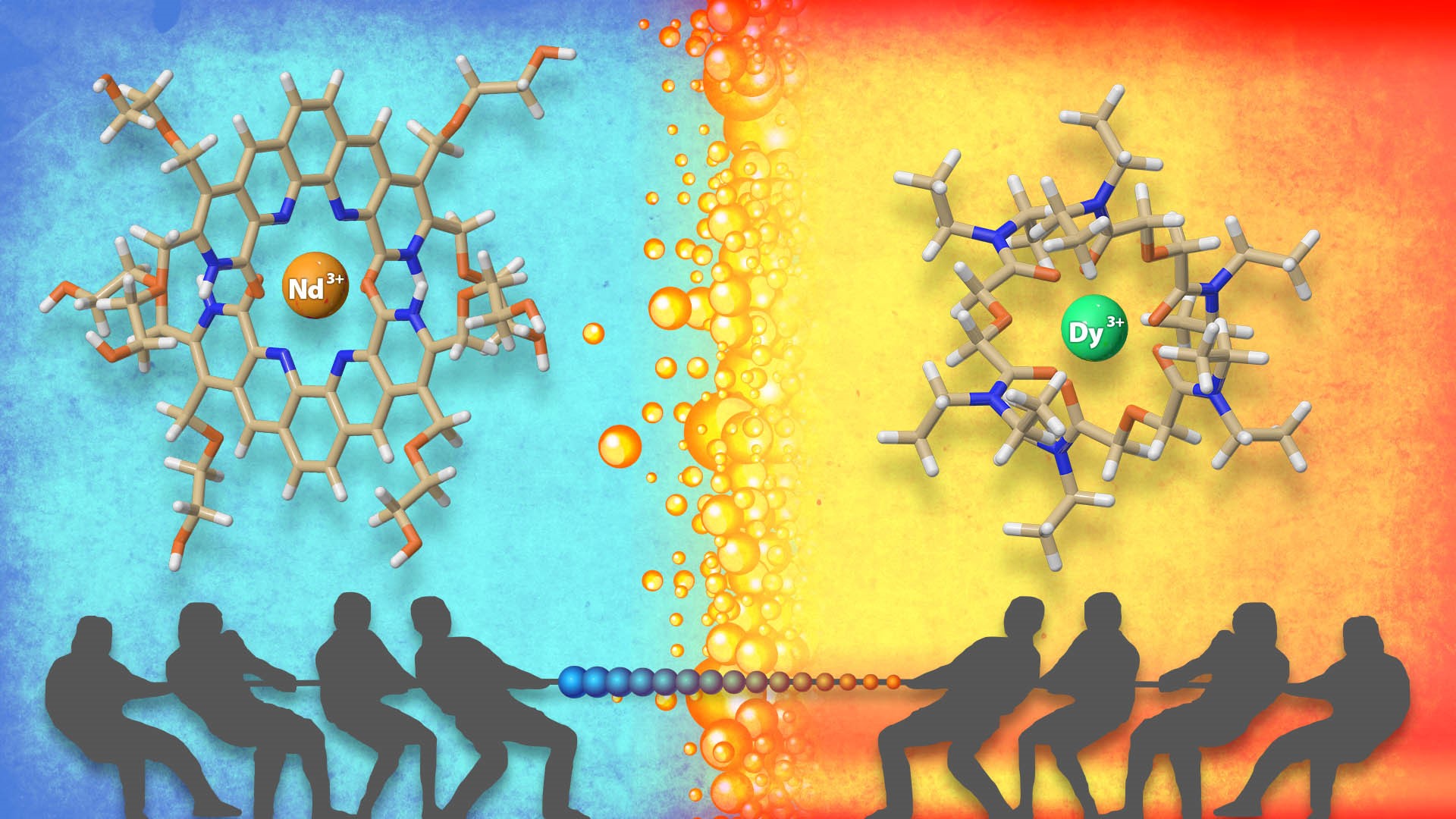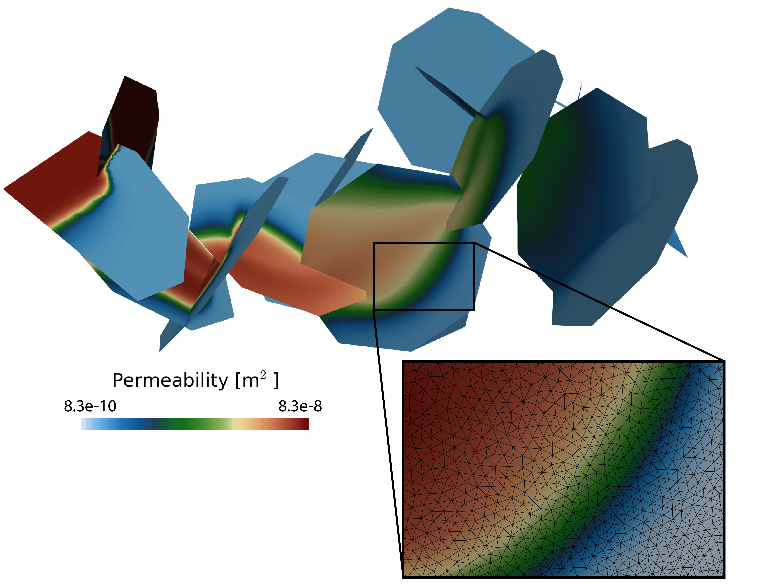Separation Science
This program accepts and reviews proposals continuously under the annual Funding Opportunity Announcement (FOA) entitled, “Continuation of Solicitation for the Office of Science Financial Assistance Program” available on the Open FOA page. We recommend that a full application be submitted before November 30 in order to facilitate a funding decision by June of the following year. Preproposals or white papers are strongly encouraged for all new proposals and should be submitted through PAMS well in advance of a full application. Please see BES guidance for New Grant Applications from Universities and Other Research Institutions.
This program supports hypothesis-driven experimental and computational research to discover, understand, predict, and control de-mixing transitions, with the goal of enabling chemical separation paradigms that may become the basis for solutions to the current and long-term energy challenges – these include decarbonization towards a net-zero scenario, circular chemical manufacturing, availability of critical elements to support clean energy infrastructure, and avoidance or mitigation of associated environmental impacts. The needs include, for example, efficient capture of dilute CO2 directly from air or from oceans; expanded supply and recycling of critical elements such as rare earths, lithium, cobalt, nickel or platinum group metals; capture and valorization of wastes; separation and reprocessing of radioactive elements. Basic research in these areas relies on understanding chemical and physical properties at multiple scales, quantum through macroscopic, and molecular interactions and energy exchanges that determine the efficiency of chemical separations.
The program particularly supports emerging fundamental scientific areas within separation science that are in a nascent stage. Selected topics of interest include:
- discovering, understanding, and predicting paradigms for removal of dilute constituents from a mixture, including but not limited to (a) reactive separations, (b) intermolecular interactions leading to formation of a new phase that is enriched in the target species, and (c) emergent phenomena that result from correlation and amplification of individual atomic or molecular effects, such as aggregation and its effect on kinetic or transport properties;
- elucidating factors that cause a separation system to approach mass transfer limitation in the source mixture;
- understanding non-thermal mechanisms that have the potential to drive efficient and selective energy-relevant separations, such as magnetic, mechanic, electromagnetic, magneto-reactive, and other means to affect transport kinetics and bonding;
- designing separation systems that have high selectivity, capacity, and throughput;
- understanding and controlling temporal changes, such as degradation;
- enabling and enhancing strategies for critical materials recovery from natural and unconventional feedstocks;
- advancing the recovery of heavy elements from nuclear waste;
- developing scalable approaches to carbon oxides removal from low-concentration sources such as air and water.
The topics listed above are agnostic to the separation system and may include, for example, membranes, framework materials (such as metal-organic framework materials), zeolites, ionic liquids, and molecular complexes. Issues of selectivity, capacity, throughput, durability, and energy input are important for most separations, and should be of concern in separation science research, although they may not be the singular focus. The inclusion of scientific AI/ML, exascale and quantum computing methods to advance separation science is encouraged.
This activity does not support engineering design or scale-up, development of narrowly defined processes or devices, established desalination approaches, microfluidics, or sensors.
Research opportunities identified in recent reports from the National Academies of Sciences, Engineering, and Medicine and the Basic Energy Sciences Advisory Committee (BESAC) serve as references for some of the basic science topics outlined above: A Research Agenda for Transforming Separation Science and Foundational Science for Carbon Dioxide Removal Technologies. Applicants may also look to the DOE Earthshots Initiative for inspiration, as they contain multiple fundamental chemical separation challenges.
To obtain more information about this research area, please see the proceedings of our Principal Investigators' Meetings. To better understand how this research area fits within the Department of Energy's Office of Science, please refer to the Basic Energy Science's organization chart and budget request.
For more information about this research area, please contact Dr. Amanda Haes.



